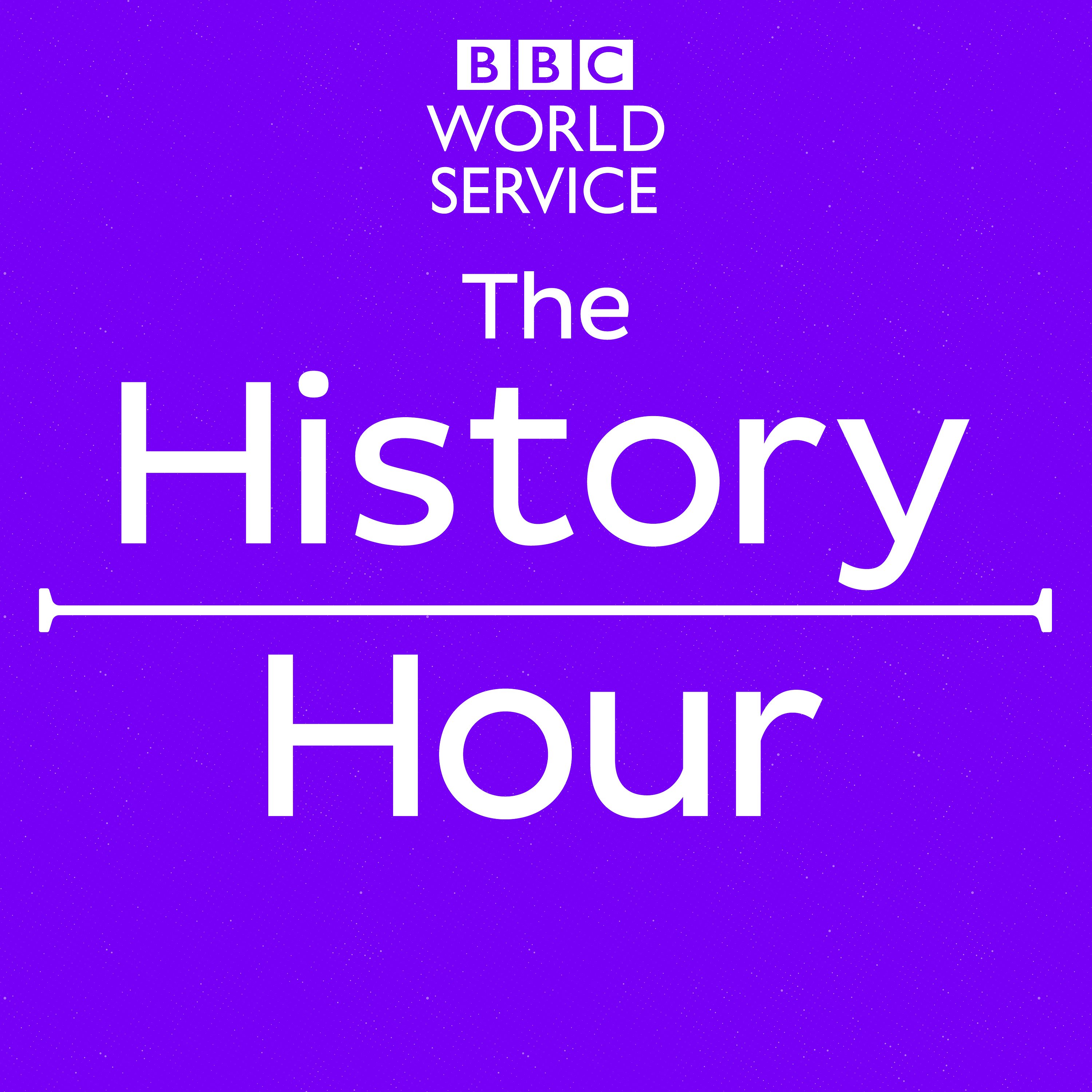Swedish History
Description
Max Pearson presents a collection of this week’s Witness History episodes from the BBC World Service.
It has been 50 years since Abba won the 1974 Eurovision Song Contest, so we're exploring Swedish history.
Also in 1974, Sweden became the first country in the world to offer paid parental leave that was gender neutral. One father who took the leave tells us about this pioneering policy.
We hear from one of the inventors of Bluetooth. The technology was named after Harald Bluetooth, a Viking king.
Our expert guest is Eva Krutmeijer, Swedish science writer and co-author of the book ' Innovation, the Swedish Way’.
Plus, the invention of the three-point safety belt for cars, that is estimated to have saved more than one million lives around the world, and the story behind Sweden’s Cinnamon Bun Day.
Finally, 1974 was just the beginning for the Swedish quartet, Abba, who shared their name with a herring company. By the end of the decade, they were one of most recognisable music acts of the 20th century.
Contributors:
Per Edlund - one of the first fathers in his town to take split paid parental leave
Sven Mattison - one of the inventors of Bluetooth
Eva Krutmeijer - Swedish science writer and co-author of the book 'Innovation, the Swedish Way'
Gunnar Ornmark - stepson of Nils Bohlin who invented the three-point safety belt for cars
Kaeth Gardestedt - who came up with the idea of Sweden's Cinnamon Bun Day
Görel Hanser - manager of Abba
(Photo: Abba in 1974. Credit: Anwar Hussein/Getty Images)
More Episodes
We hear about the half-clay, half-grass exhibition match between Rafael Nadal and Roger Federer. Argentinean creative entrepreneur and tennis fan Pablo del Campo tells Uma Doraiswamy how he made the iconic court possible in May 2000. Fiona Skille, professor of Sports History at Glasgow...
Published 11/16/24
We hear about Polish war hero Irena Sendler who saved thousands of Jewish children during the World War Two.
Expert Kathryn Atwood explains why women’s stories of bravery from that time are not as prominent as men’s.
Plus, the invention of ‘Baby’ – one of the first programmable computers. It was...
Published 11/09/24
Published 11/09/24


